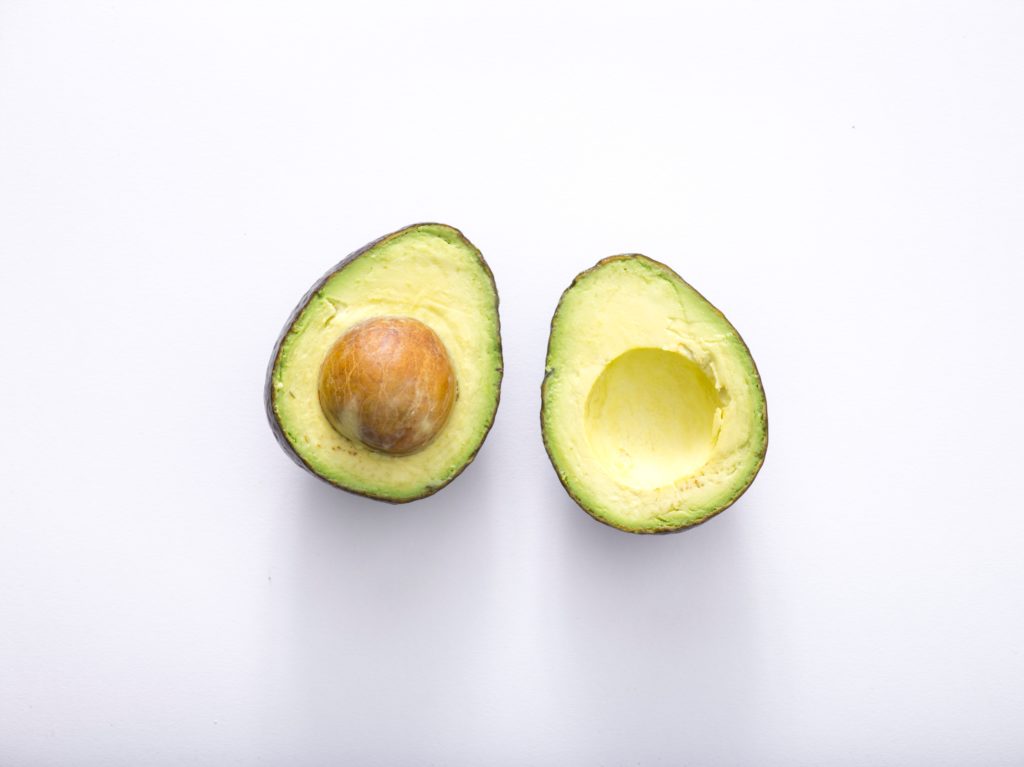There is emerging evidence to show that certain foods affect our mood, for the better and for the worse. In practice, I always aim to support a client with food before nutraceutical supplementation. Of course, this is always in conjunction with more conventional medicine, should it be required. Food can be extremely powerful. Eating is something we all do. Hence, shouldn’t we aim to consume foods that lift us up – emotionally and physically?! Read on for more.

Dark Leafy Greens (DLGs):
DLG’s are rich in B vitamins, which have beneficial effects not only on our mood, but also things like energy production and stress reduction. DLG’s include foods such as kale, Asian greens, silverbeet, spinach, broccoli etc. They help the body produce the important neurotransmitters – dopamine (helps control the brains reward and pleasure centres) and serotonin (help regulate mood, appetite, social behaviour, digestion, sleep, memory and more!). They are also excellent sources of fibre, which help to support a healthy gut, which we know, assist in consistent moods.
Avocado:
Avocado is a wonderful source of healthy fat. It is also a source of folate, an important B vitamin that helps keep the blues at bay due it its role in the production of important mood-regulating neurotransmitters, as commented on above.
Nuts/Seeds:
Nuts and seeds are high in magnesium which is great for helping regulate the emotions because it produces serotonin, which helps alleviate fatigue and irritability and improve mental health. Magnesium is also found in dark leafy greens, wholegrains and fish.
Oily Fish:
The brain is made of fat; in fact, it is 60% fat! Oily fish are rich in omega 3 fatty acids which are the building blocks for healthy brain development and function, and thus play an important role in mental health and wellbeing. Omega 3s help reduce inflammation which in turn, promotes the release of serotonin – “our happy hormone”. Of particular importance is DHA (aka docosahexanoic acid) as it is the main omega 3 fatty acid in the brain. DHA promotes the production of a hormone called brain-derived necrotrophic factor (BDNF) that protects neurone and promotes the production of new brain cells. Good sources of omega 3 include; salmon, trout, mackerel, sardines, anchovies and more.
Wholegrains:
Wholegrains are complex carbohydrate, meaning that they release glucose slowly, helping us stay fuller for longer and provide for a steady source of energy for the brain and the rest of the body. Quality carbohydrates allow the brain to produce serotonin without the blood sugar highs and lows and that come with fast release (i.e. simple) carbohydrates. Great sources of wholegrains include; brown rice, quinoa, millet, amaranth, buckwheat, oats and more. Other sources of complex carbohydrates include; legumes and vegetables.
Lean Protein:
Lean protein such as turkey, chicken and fish as well as legumes, tofu and eggs are all sources of tryptophan, an important amino acid, that influences mood by producing serotonin.
Bananas:
They are the perfect portable snack that is packed with tryptophan and potassium which helps to normalise our heartbeat and send oxygen to the brain. They are also a source of vitamin B6, another important B vitamin in brain health.
Probiotics & Prebiotics:
The gut has been termed the ‘second brain’ for a reason. Hence, it is important to maintain our bacteria as they play such an essential role in our health. Out gut bacteria work to protect our intestines and improve nutrient absorption, provide a protective barrier against toxins and bad bacteria, reduce inflammation and activate important neural pathways between the gut and the brain.
Fermented foods, such as yoghurt, kimchi, tempeh, sauerkraut and drinks such as kombucha and kefir, contain probiotics which are healthy bacteria that have been shown to reduce reduce anxiety and stress hormones.
Prebiotics are important as they act like fertiliser for our probiotics as well as playing a role in hormonal balance. Sources include; onion, raw garlic, leek, beans, cashews, chickpeas, lentils, peaches, asparagus, greenish bananas, oats, dark leafy greens amongst others. See this post for more on probiotics and prebiotics.
*Of course, these are not all the good mood foods out there, rather I have just focussed on a handful.

Some other general lifestyle tips:
Do not skip meals. This cause our blood sugars to feel, which causes a rise in our stress hormones which become a source of emergency fuel for the body. Too many stress hormones circulating can lead to the jitters, increased anxiety, irritability and more. Stable blood sugars achieved through regular, balanced meals is the key to consistent moods.
Limit caffeine, alcohol and other stimulants. These produce effects similar to the stress response in our bodies, which, as described above, hampers our mood and causes unwanted symptoms. Too much alcohol can also deplete the body of important vitamins and minerals.
Water, water, water. Water is key to a healthy life and good mood. The body loses 6-10 cups every day, so make sure you ensure you tip up regularly. Set yourself an alarm on your phone if you need a reminder.
Ensure quality sleep. Adequate sleep of good quality is key to keeping us in a good mood and functioning at our best. See this post for more.
Soak up the sunshine. The link between mental health and vitamin D is well documented. Vitamin D deficiency is a common critical factor found in mood disorders. Try to get 15-30 minutes of sunshine every day. Implementing a walk around the neighbourhood or taking your lunch outside are two great ways to increase your exposure and therefore, boost serotonin levels.
